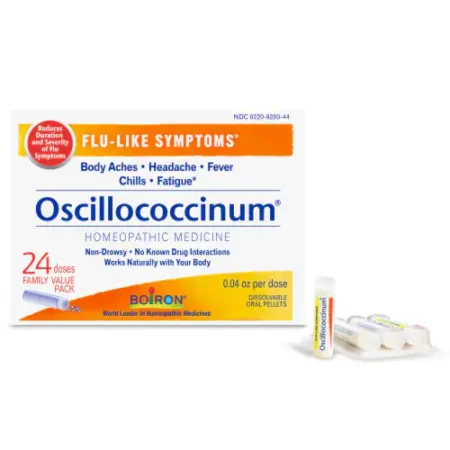Inflammation is a vital part of the body’s recovery procedure. However when it continues, it can add to a wide variety of intricate illness consisting of type 2 diabetes, cardiovascular disease, and autoimmune illness.
Now, world-first hereditary research study from the University of South Australia reveals a direct link in between low levels of vitamin D and high levels of inflammation, offering a crucial biomarker to determine individuals at greater danger of or intensity of persistent health problems with an inflammatory element.
The research study analyzed the hereditary information of 294,970 individuals in the UK Biobank, utilizing Mendelian randomization to reveal the association in between vitamin D and C-reactive protein levels, a sign of inflammation.
Lead scientist, UniSA’s Dr Ang Zhou, states the findings recommend that enhancing vitamin D in individuals with a shortage might lower persistent inflammation.
” Inflammation is your body’s method of securing your tissues if you have actually been hurt or have an infection,” Dr Zhou states.
” High levels of C-reactive protein are produced by the liver in reaction to inflammation, so when your body is experiencing persistent inflammation, it likewise reveals greater levels of C-reactive protein.
” This research study analyzed vitamin D and C-reactive proteins and discovered a one-way relationship in between low levels of vitamin D and high levels of C-reactive protein, revealed as inflammation.
” Increasing vitamin D in individuals with shortages might lower persistent inflammation, assisting them prevent a variety of associated illness.”
Supported by the National Health and Medical Research study Council and released in the International Journal of Public health the research study likewise raises the possibility that having appropriate vitamin D concentrations might reduce issues developing from weight problems and lower the danger or intensity of persistent health problems with an inflammatory element, such as CVDs, diabetes, and autoimmune illness.
Senior private investigator and Director of UniSA’s Australian Centre for Accuracy Health, Teacher Elina Hyppönen, states these outcomes are very important and offer a description for a few of the debates in reported associations with vitamin D.
” We have actually consistently seen proof for health advantages for increasing vitamin D concentrations in people with really low levels, while for others, there seems little to no advantage.” Prof Hyppönen states.
” These findings highlight the value of preventing medical vitamin D shortage, and offer additional proof for the comprehensive impacts of hormone vitamin D.”
Story Source:
Products offered by University of South Australia Note: Material might be modified for design and length.






